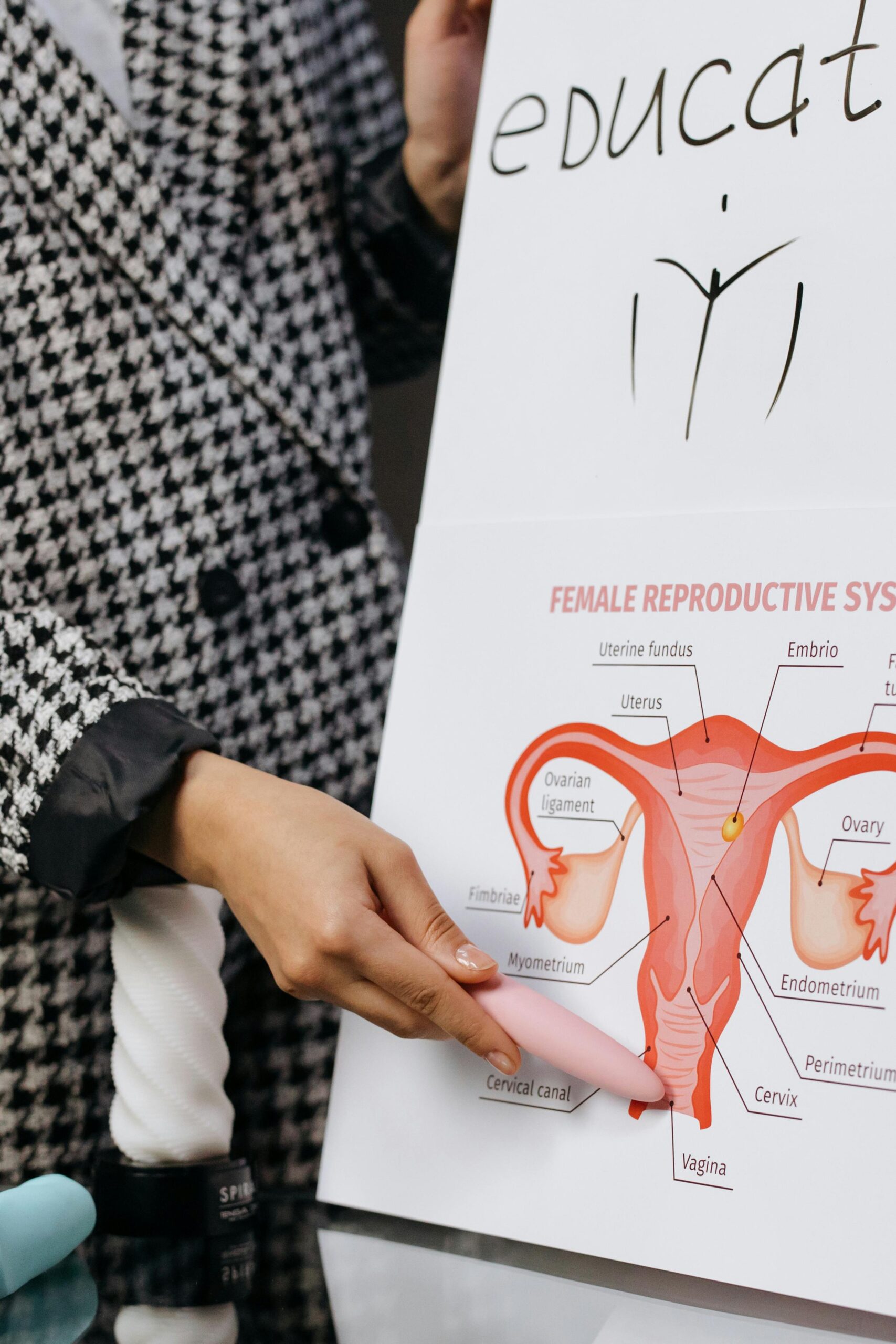How To Prepare for an Endometriosis Test
An endometriosis test is a diagnostic tool that helps detect inflammation on the uterine lining; it can be beneficial for women with unexplained infertility, pelvic pain, or a family history of endometriosis. Before completing the test, there are several steps to take to promote accurate results, including scheduling it at the right time. Here are some tips to help patients prepare for an endometriosis test:
Talk to a Healthcare Provider
Meeting with a healthcare specialist can help patients determine whether an endometriosis test is suitable for their situation. Patients should discuss their medical history, symptoms, and any previous fertility treatments with the specialist. Past fertility tests, such as hormone panels and transvaginal ultrasounds, may also be relevant. These tests provide additional information about uterine health and potential underlying conditions that impact fertility. Completing a comprehensive medical review can support the need for the test, and it allows healthcare professionals to create a personalized plan when addressing barriers to conception.
MyReceptiva is an endometriosis test available for those with pelvic pain and other symptoms, but some physicians may not regularly stock it in their office. Talking to a provider allows patients to share information about this test and explore it as an option. The doctor can then order a kit or refer the patient to a specialist who performs MyReceptiva testing.
Review How the Test Works
An endometriosis test involves multiple steps, and reviewing how each one works helps patients be more prepared and informed about what to expect. For the MyReceptiva test, the process begins by scheduling a routine office visit during the luteal phase of the menstrual cycle. The ideal time to complete the test is about seven to 10 days after ovulation. This procedure requires a simple in-office endometrial biopsy, where a small tissue sample is taken from the uterine lining. A woman’s healthcare specialist trained in endometrial biopsies can complete the test.
Patients may experience some temporary discomfort and light cramping after the test, which is normal. It is generally recommended to rest briefly and resume normal daily activities within 15-20 minutes. After completing the biopsy, the doctor will need to send the collected sample to a certified lab; the lab will then analyze it for the presence of BCL6, a protein marker linked to inflammation and endometriosis.
Know What’s Included With the Test
The BCL6 test kit includes all the necessary tools for a successful and accurate endometrial biopsy. It contains:
- Collection equipment for the provider to perform the biopsy.
- Detailed instructions to guide the healthcare professional through the procedure.
- An ovulation detection test to help patients identify their optimal 4-day biopsy window within their menstrual cycle.
The ovulation test is a valuable component, as accurate timing is key for reliable BCL6 test results. MyReceptiva kits also offer access to several online resources, including published information on treatment options and a list of surgeons experienced in treating endometriosis. Patients may also add a CD138 test to their kit. The CD138 marker helps determine the presence of the bacterial infection, endometritis; it can be a beneficial addition for patients who have experienced a urinary tract infection recently or for those who are completing the test for fertility-related issues.
Understand the Results and Next Steps
Patients can expect their doctor to receive the results of their test within seven to 10 business days. A positive BCL6 result suggests that inflammation consistent with endometriosis is affecting the uterine lining, and it indicates that there is a 90% chance or greater that endometriosis is present. If the BCL6 results are negative, then there is less than a 7% chance that endometriosis would be found via laparoscopy. A positive test result may prompt healthcare providers to recommend further evaluation through laparoscopic surgery; this surgery allows doctors to confirm an endometriosis diagnosis and potentially remove endometrial lesions. For some patients, medical management options like hormonal therapy may also be available to reduce inflammation before pursuing fertility treatments.
Order an Endometriosis Test
The MyReceptiva test uses the BCL6 marker to detect uterine inflammation and provide answers about infertility and pelvic pain; it can also help identify asymptomatic endometriosis, a potential hidden cause of infertility. The test is a valuable option for individuals experiencing unexplained infertility, repeated IVF failure, or recurrent pregnancy loss. Contact a healthcare specialist today or visit our website to order your endometriosis test kit.


